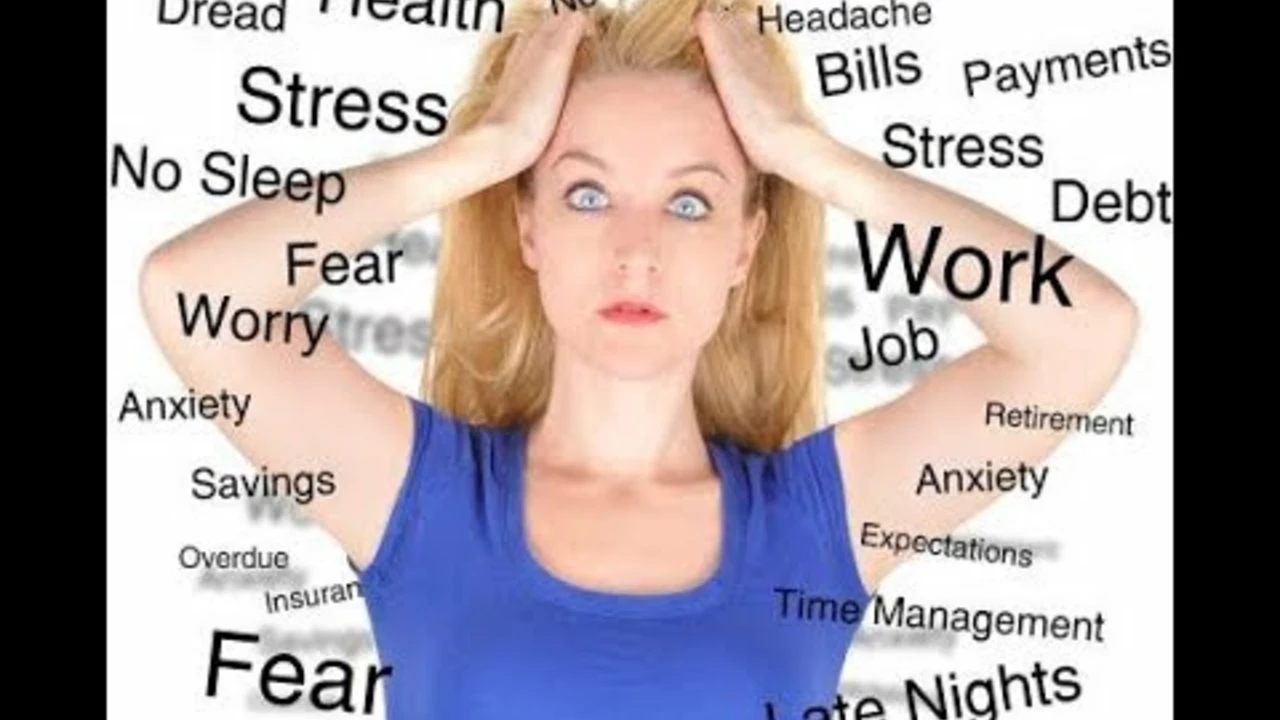Stress: Simple Steps to Feel Better Fast and Long-Term
Feeling stressed wrecks your focus, sleep, and mood. You don’t need a big plan to start feeling better. Use a few quick moves today, build steady habits this week, and know when to talk to a pro.
Quick actions to calm panic
When stress spikes, try a 60-second reset: sit down, set a timer, breathe in for 4 counts, hold 2, out for 6. Repeat five times. That slows your heart and clears your head fast. If your muscles are tight, do progressive tensing: tense a group for 5 seconds, then release. Neck, shoulders, and jaw respond well.
For urgent sleep trouble, get out of bed after 20 minutes if you can’t drop off. Read under dim light or do a calm breathing set — don’t scroll. For performance anxiety (talks, exams), a single beta-blocker dose can help heart-racing symptoms. Talk to your doctor first; it’s not for everyone.
Daily habits that cut stress over time
Small routines beat big resolutions. Move 20–30 minutes most days. Walking, biking, or home circuits lower stress hormones and lift mood. Prioritize sleep: same wake time, screen off an hour before bed, and a cool, dark room. Caffeine late in the day makes stress worse for many people — try cutting back after noon.
Mindfulness or short meditation sessions (5–10 minutes) shrink reactivity. If you’re new to meditation, apps or simple guided breathing work fine. Structure your to-do list: pick 3 must-dos, then a couple extras. Slicing tasks into tiny steps stops overwhelm.
Supplements like magnesium, L-theanine, or low-dose valerian help some people with sleep and mild anxiety. Don’t mix supplements with prescription meds without checking with your pharmacist or GP — interactions matter. If you’re reading about medications, our site covers options like antihistamine-based sedatives and other alternatives you might see discussed online.
If stress comes from money, sleep, or a relationship, tackle that root directly. One focused phone call, a budget worksheet, or a short honest conversation can shift things more than a week of willpower.
When to see a doctor: if stress stops you working, sleeping, or getting out of the house; if you’ve had panic attacks; or if you’re thinking about harming yourself. Also see a clinician if physical symptoms persist — unexplained palpitations, weight change, or intense fatigue may need blood tests (thyroid, iron).
Treatment options range from therapy (CBT works well for stress and anxiety) to medications like SSRIs, SNRIs, buspirone, or short-term benzodiazepines in certain cases. A good GP or psychiatrist will match the choice to your life and risks.
Start small today: one breathing set, a 10-minute walk, and a rule to stop screens before bed. If you want specific articles, check our pieces on anxiety meds, sleep help, and practical pain-management tips that connect to stress. You don’t have to fix everything at once — steady, useful steps win.

